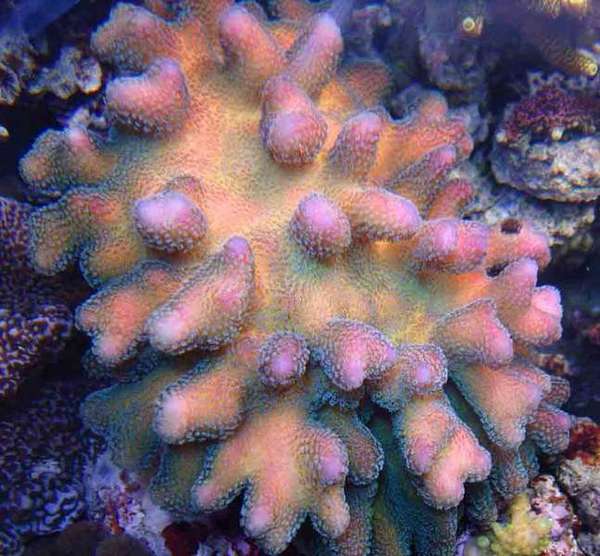
 |
|
||||||||
| Portal | PhotoPost Gallery | Register | Blogs | FAQ | Members List | Calendar | Search | Today's Posts | Mark Forums Read |
|
|
Thread Tools | Display Modes |
|
#25
|
|||||
|
|||||
|
I thought I'd bring this thread back to life with my own experience with this product. I started using it in the first week of January 07. Here are some before & after shots. After having used it for 5 months I am not sure I'd want to stop.
Stylophora Dec 06  same coral May 07  A. Millepora early Jan 07  Same piece May 07 
__________________
 Greg Last edited by Snappy; 05-30-2007 at 06:39 AM. |
| Thread Tools | |
| Display Modes | |
|
|